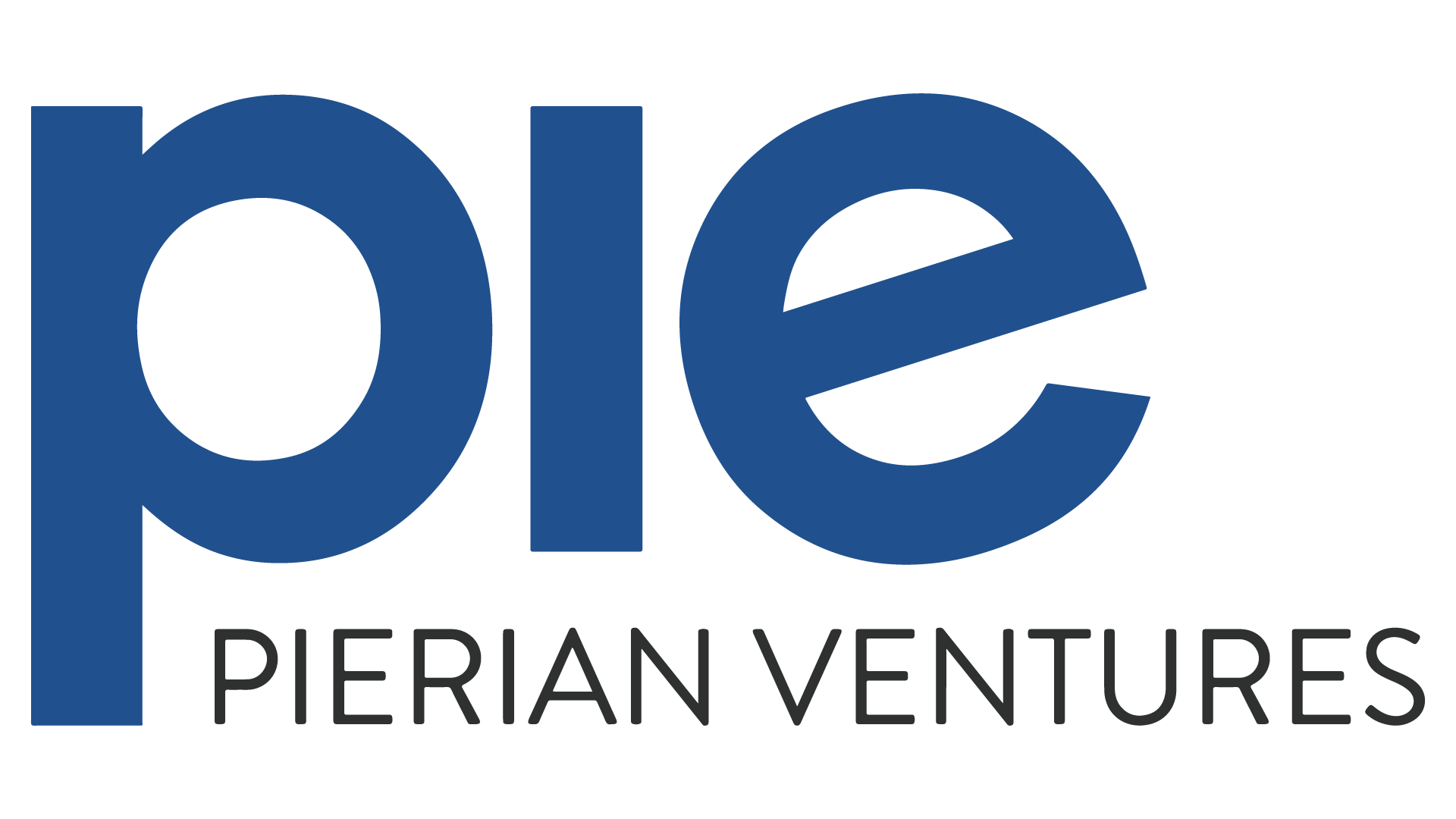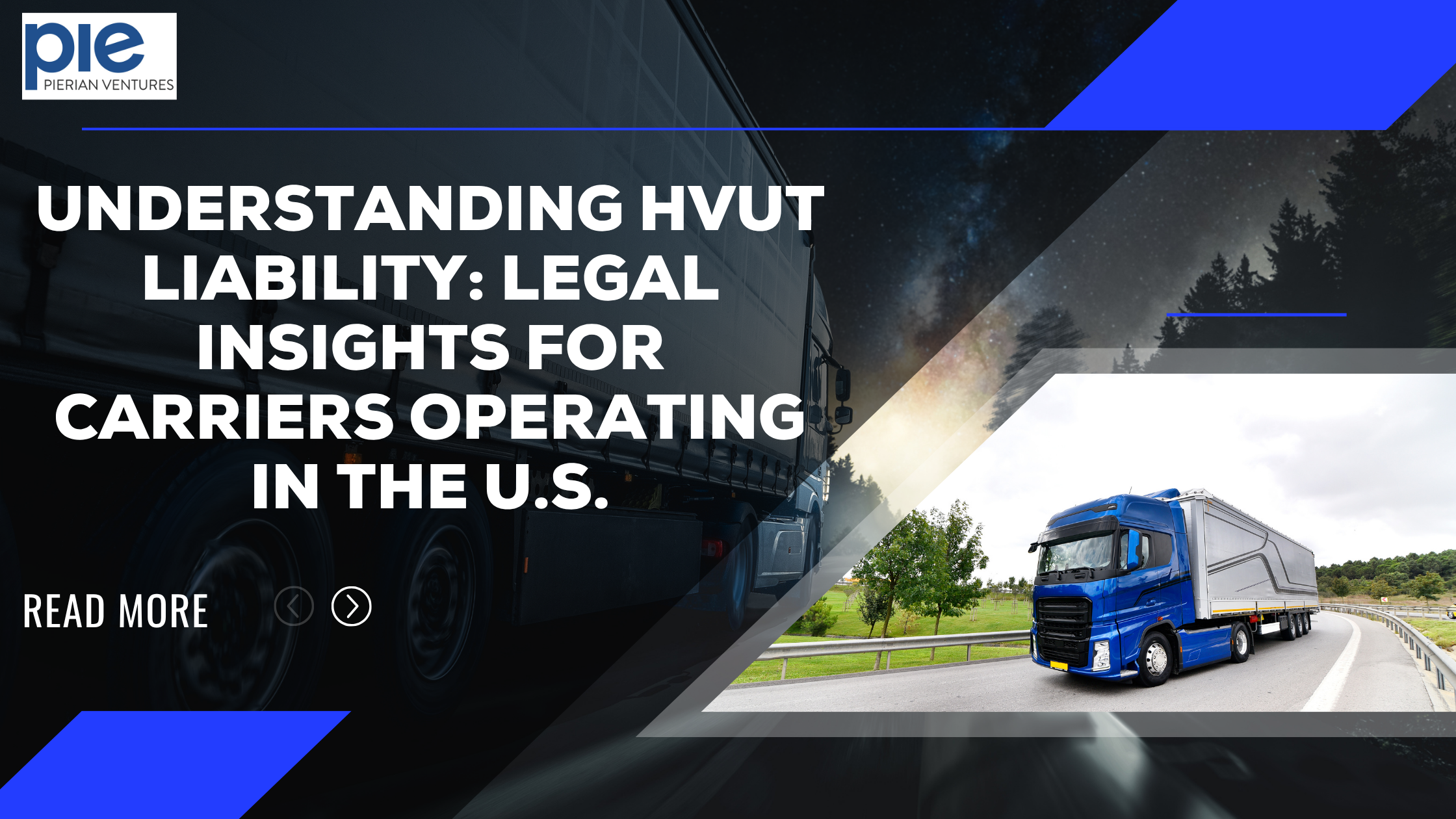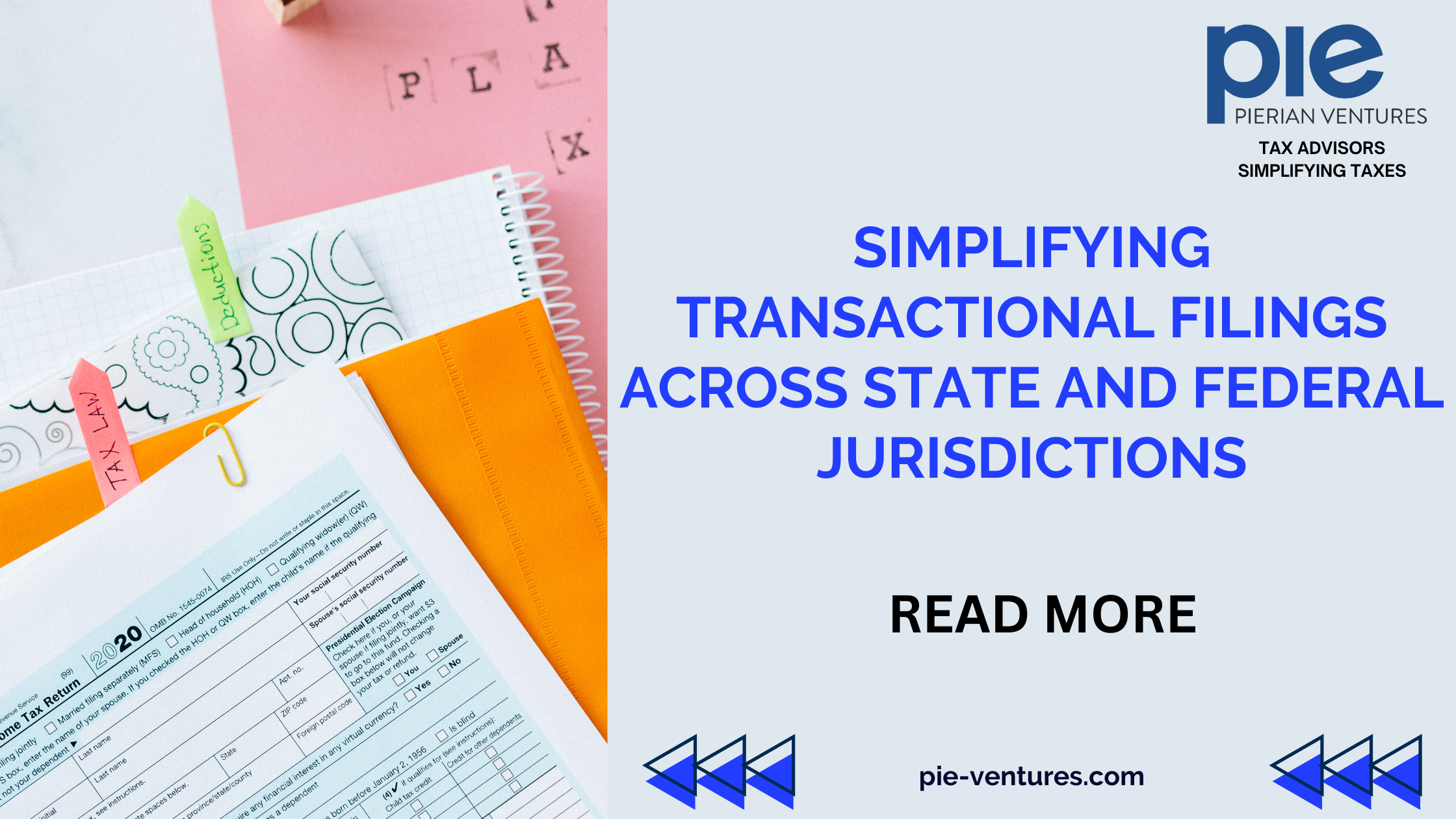Avoiding UCR Filing Errors: A Strategic Approach
In the highly regulated and cost-sensitive environment of commercial trucking, Unified Carrier Registration (UCR) compliance represents more than a legal formality—it is a financial safeguard and strategic business practice. Each year, thousands of interstate motor carriers, freight forwarders, brokers, and leasing companies are required by federal law to file under the UCR program. While the annual registration process appears straightforward, even minor administrative missteps can result in cumulative penalties, operational interruptions, and regulatory scrutiny that cost businesses tens of thousands of dollars.
However, there is good news: these risks are entirely avoidable. With the right guidance, resources, and attention to compliance fundamentals, businesses can not only avoid penalties but strengthen their fiscal controls, streamline operational licensing, and reinforce their credibility with regulators and logistics partners.
At Pierian Ventures, our mission is to enable transportation businesses to optimize compliance and taxation processes with precision, efficiency, and foresight. This article explores the most common UCR filing errors, the hidden costs they can incur, and how businesses can transform tax and registration compliance into an advantage—not a liability.
Understanding the Strategic Value of UCR Compliance
The Unified Carrier Registration program was created under federal law to replace the Single State Registration System (SSRS), with the goal of streamlining the registration and taxation of entities engaged in interstate commerce. Under the UCR Act of 2005, all motor carriers operating across state lines are required to register annually and pay a fee based on the number of power units (vehicles) operated. Brokers, freight forwarders, and leasing companies must also register, though they pay a flat fee.
Although technically not a “tax,” the UCR fee functions in practice as an annual operational levy. For businesses that misreport their fleet size, fail to register, or miss deadlines, the costs can mount quickly. Conversely, correct and timely filing is a sign of operational discipline—one that creates a ripple effect across safety scores, audit performance, and financial efficiency.
Rather than treating UCR compliance as a burden, forward-thinking companies view it as part of a holistic approach to tax and regulatory optimization. Proper UCR filing affirms your authority to operate, protects your license, and supports consistent cash flow.
Common Filing Errors — and the Real Cost to Your Business
Below are key mistakes businesses often make when filing UCR, along with the potential financial, legal, and operational consequences.
1. Underreporting or Overreporting Vehicle Counts
Since UCR fees are calculated based on the number of power units (not trailers) in your fleet, even a slight miscalculation can result in fee discrepancies. Underreporting may lead to enforcement penalties and retroactive assessments, while overreporting inflates your payable fee—essentially overpaying a tax.
Business Impact:
An incorrect count for a fleet of just 11 vehicles (one tier higher) can increase the UCR fee by over $500 per year. If undiscovered for three years, that’s $1,500+ in avoidable costs, or more if enforcement imposes fines.
2. Missing the Filing Deadline
The UCR registration window opens October 1 and closes December 31. Late filers often continue operating unaware that their compliance is invalid. This may lead to fines, citations at roadside inspections, and even temporary loss of authority in some states.
Business Impact:
Fines for non-compliance range from $100 to $5,000 per instance. Worse, repeated violations can delay freight movement or compromise DOT inspection scores.
3. Registering Under the Wrong Entity Type
Carriers, brokers, and leasing companies are treated differently under UCR. For example, brokers do not pay based on fleet size. Misclassifying your entity can result in overpayments or filing rejections, especially during audits or renewals.
Business Impact:
Incorrect filings may need to be corrected retroactively, leading to legal exposure, time-consuming appeals, and increased scrutiny from regulators.
4. Failure to Align UCR Filing With Other FMCSA Records
UCR registration should mirror your FMCSA registration, particularly your MCS-150 (biennial update). Inconsistencies between these documents often raise red flags during audits and trigger delays in processing other credentials, such as IRP and IFTA renewals.
Business Impact:
Data mismatches can cost you weeks of delays in fleet expansion or renewals, directly affecting revenue flow and freight volume.
Why Proper UCR Filing Is a Positive Business Move
Rather than viewing UCR as a mere obligation, businesses can approach it as an annual opportunity to:
- Reassess and update fleet records for financial accuracy.
- Ensure consistent data across FMCSA, DOT, IRP, and IFTA filings.
- Prevent financial losses by avoiding penalties and overpayments.
- Demonstrate compliance integrity to insurers, clients, and partners.
When approached methodically, UCR filing becomes a keystone in an enterprise’s compliance architecture—a small action with disproportionate value.
How Pierian Ventures Empowers Compliant and Profitable UCR Filing
At Pierian Ventures, we believe that regulatory compliance—particularly around UCR and tax-aligned registrations—should be simple, secure, and strategically sound. We provide end-to-end support for UCR filings, tailored to the needs of both emerging and established transportation businesses.
Our UCR compliance services include:
✅ Expert Fleet Analysis
We validate your reported power units against DOT, FMCSA, and operational records, ensuring precision and avoiding costly overpayment or underreporting.
✅ Deadline Tracking and Automated Filing
We monitor critical dates and perform filings ahead of schedule, so you remain compliant without administrative stress.
✅ Entity Verification and Classification
Our advisors confirm that your operational role is accurately reflected in your filing, preventing classification errors that can result in enforcement actions.
✅ Retrospective Audit and Back-Filing
Missed past filings? We conduct historical reviews and complete back-filings to bring your records into full compliance.
✅ Proof and Documentation Management
We archive all confirmations, receipts, and regulatory correspondence, supporting audit readiness and reducing exposure to disputes.
With a focus on accuracy, foresight, and reliability, Pierian Ventures transforms compliance from a cost center into a value-creating function. Our clients report not only improved filing outcomes but better cash flow planning and greater regulatory confidence across their operations.
Moving Forward: Treating UCR as a Strategic Business Lever
UCR compliance may seem like a routine tax-like filing, but its impact stretches far beyond a single form. Every year, transportation businesses face tens of thousands in penalties, missed freight opportunities, or insurance disruptions—simply due to incorrect or late filings.
By shifting from reactive to proactive compliance, your business gains:
- Greater cost control through accurate fee calculation.
- Reduced audit risk and legal exposure.
- Streamlined renewal of operating credentials.
- A professional reputation that builds trust with logistics partners.
UCR mistakes may cost thousands—but compliance done right is worth far more.
Trust Pierian Ventures to Safeguard Your UCR Filing and Operational Integrity
Compliance is not an afterthought—it is the infrastructure of your business authority. At Pierian Ventures, we make UCR compliance seamless, accurate, and value-driven. Whether you operate five trucks or a fleet of fifty, our team ensures that every line on your UCR filing supports the financial health and regulatory security of your company.
Schedule a consultation today and experience how Pierian Ventures can turn UCR compliance into a strategic asset.













